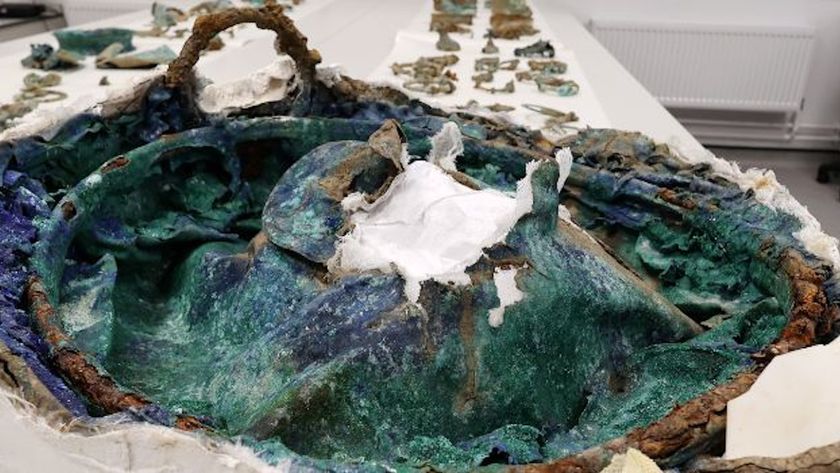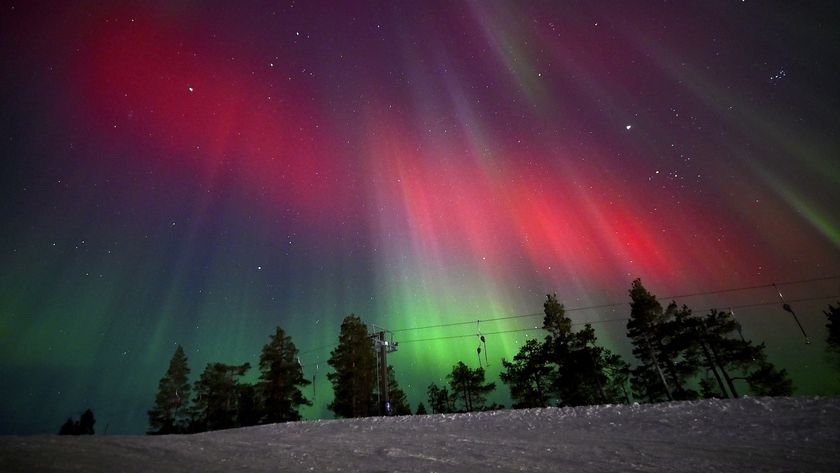Religion Plays Strong Role in Gay Unions

Gay and lesbian couples with children and strong religious beliefs are more likely than their peers to hold commitment ceremonies, a new study shows.
"Opponents of relationship recognition for same-sex couples often say that we have to protect children, or that same-sex relationships are against God," said researcher Ramona Faith Oswald of the University of Illinois at Urbana-Champaign. "But this study suggests that lesbians and gay men who seek relationship recognition may be acting to protect their children and enact their own religious beliefs."
Oswald and her colleagues surveyed 190 individuals who were cohabiting with a same-sex partner in Illinois, including some who had legalized aspects of their relationship by making a will or granting power of attorney to their partner.
Length of relationship was the strongest predictor that a couple would legalize their relationship. Yet same-sex couples who legalized their unions also tended to belong to supportive religious congregations more so than non-legalizing cohabiters.
"Faith communities may be important sources of legal education and advocacy for same-sex couples," Oswald said.
Of those couples who had legalized their partnerships, a small group Oswald refers to as ritualizers had taken it a step further and participated in a commitment ceremony (similar to a wedding).
Gay marriage is illegal in Illinois, as it is in every other U.S. state except California and Massachusetts. But same-sex couples do have the option of organizing a celebration of their relationship, sometimes referred to as a commitment ceremony. Like wedding ceremonies and receptions, a commitment ceremony can range from an huge event with hundreds of guests and wedding gowns to a simple ritual to bless the relationship to a casual party.
Sign up for the Live Science daily newsletter now
Get the world’s most fascinating discoveries delivered straight to your inbox.
Partners who had children and identified religious beliefs as being very important in their daily lives were more likely than others who had legalized their partnership to ritualize their relationships. (Most children in this study were teenagers at the time of the commitment ceremonies and were from partners' previous relationships.)
Mothers and fathers were more than three times more likely to have celebrated their unions with a commitment ceremony than gay men or lesbians who lived together and had legalized their relationship but had not been part of a commitment ritual.
"Couples may be using commitment rituals to build cohesion within stepfamilies as the role of gay and lesbian stepparents is often vague," Oswald said. "Such ceremonies may help couples validate their sense of belonging and obligation to each other while also demonstrating to friends and relatives that they are a family unit."
With the Religious Freedom and Protections Civil Unions Act under consideration in the Illinois House of Representatives, which would allow two lesbians or gay men to form a civil union if they meet certain criteria such as not being related by adoption or blood, Oswald said she hopes this study will help to explain the motivations of gay and lesbian couples who wish to obtain civil unions.
The study was published in the June issue of the Journal of Family Psychology.
- Audio: Does Science Condemn God?
- Forget Crystal Balls: Let the Power of Math Inform Your Future
- Sex Quiz: Myths, Taboos and Bizarre Facts











